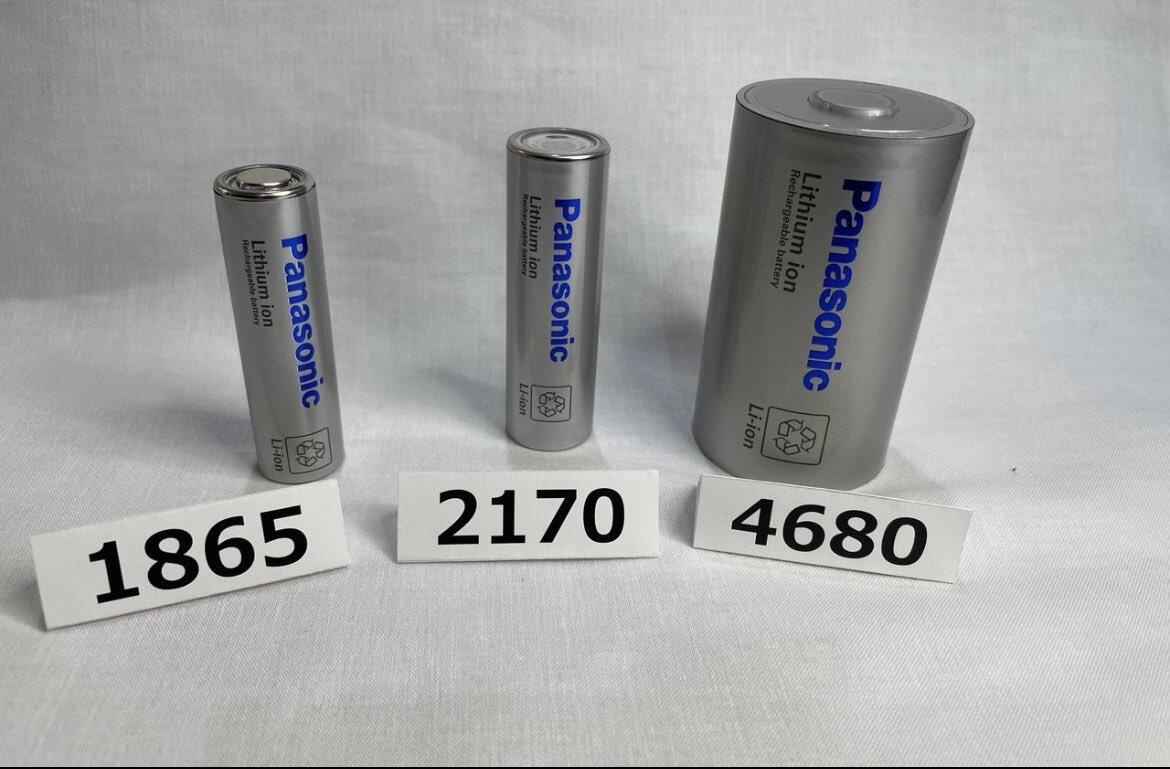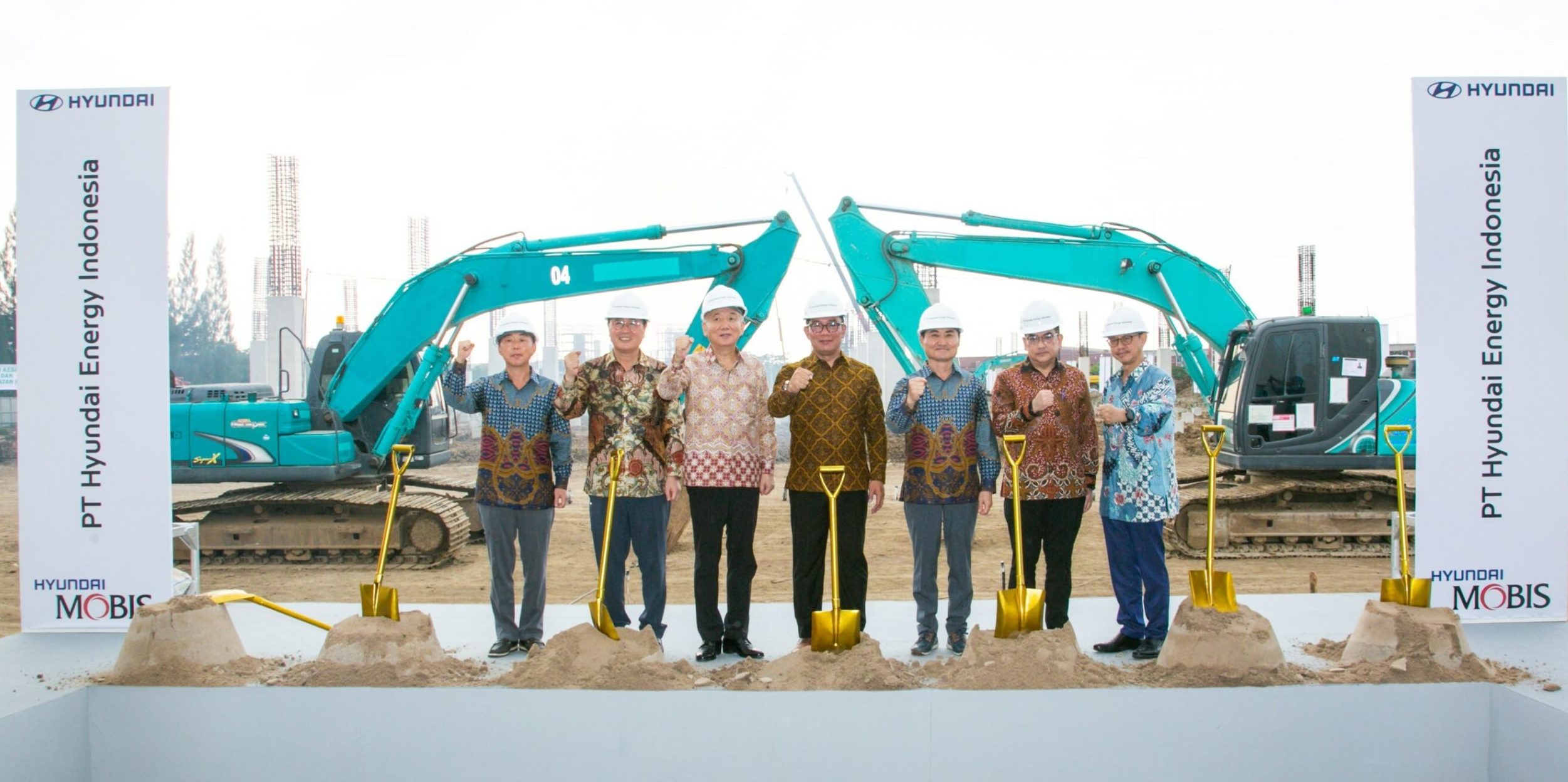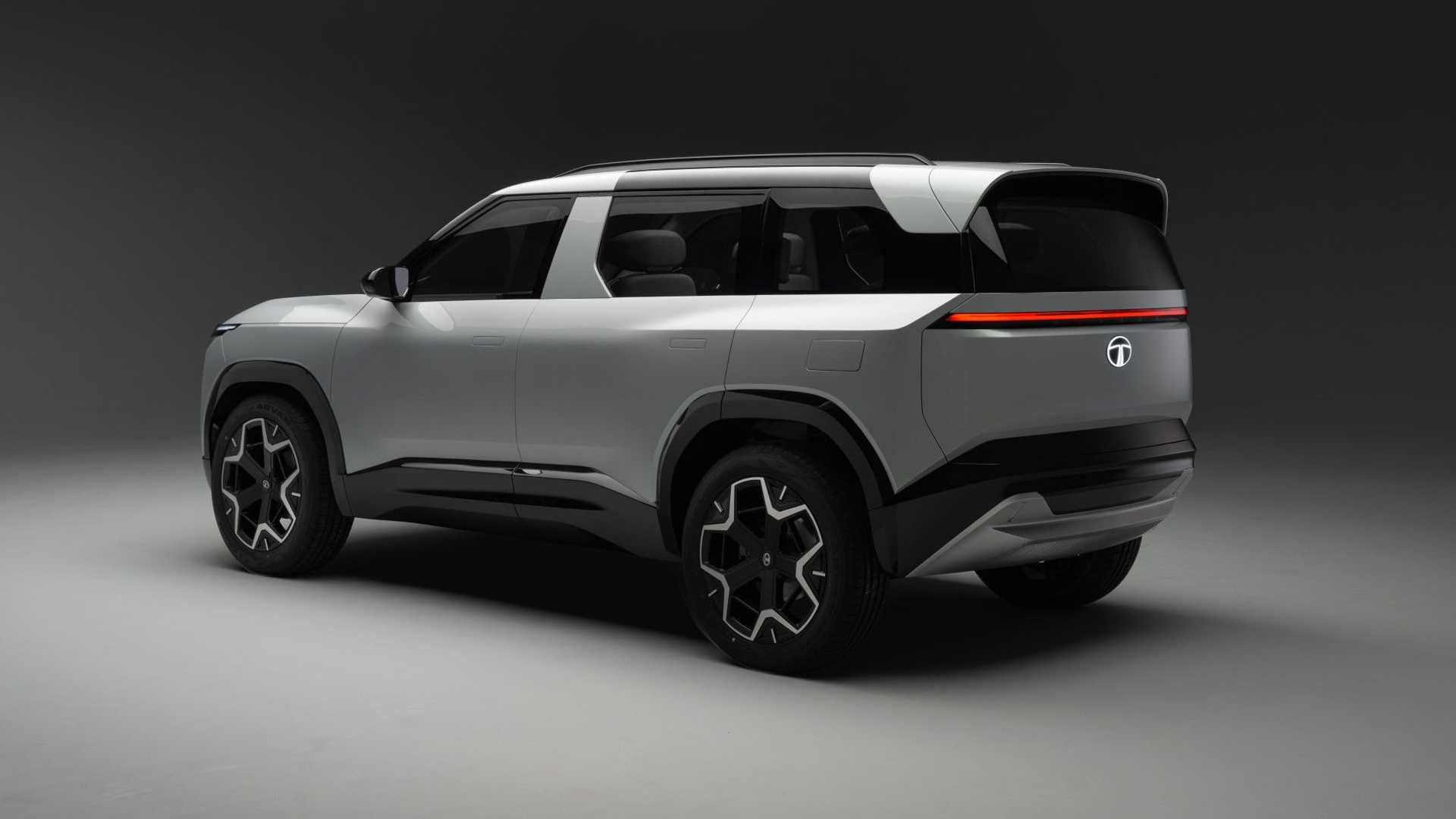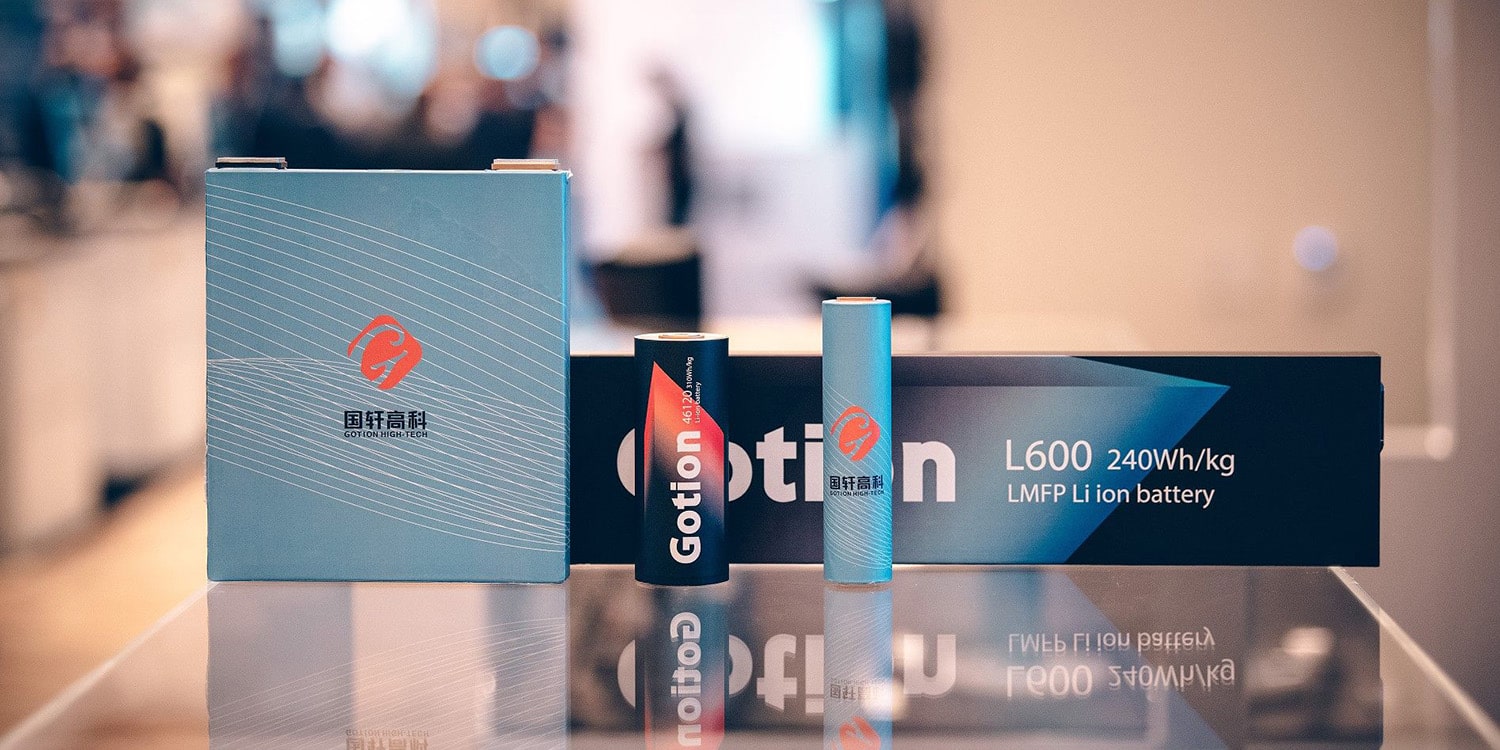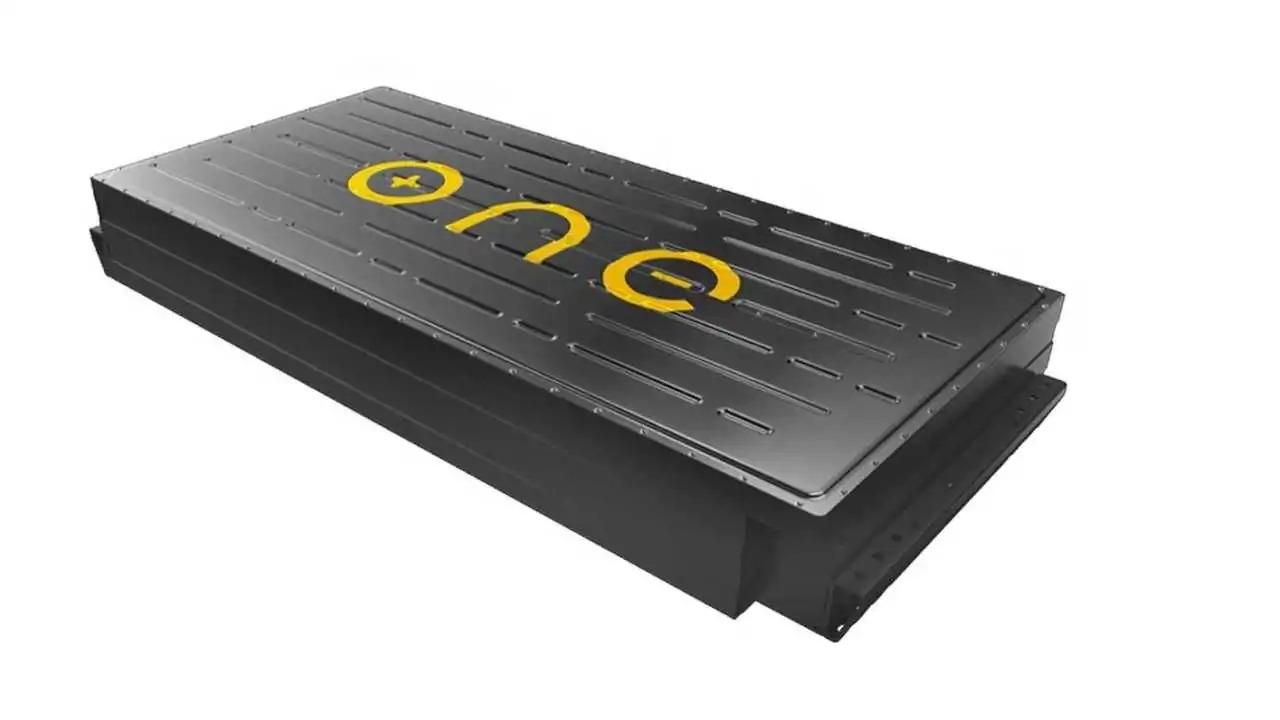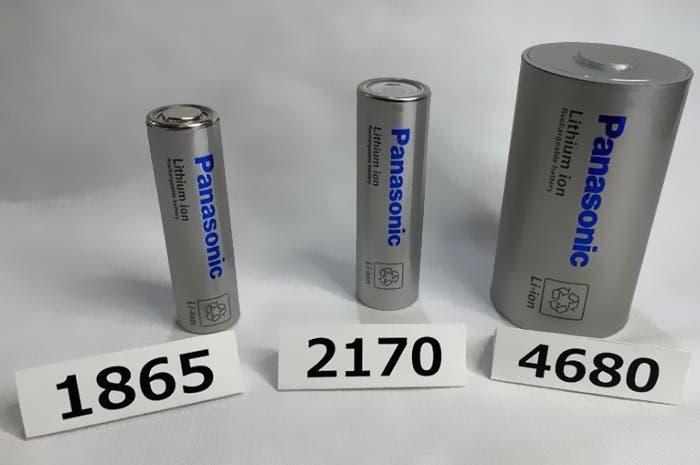Panasonic, the prominent Japanese battery and electronic manufacturer, has officially announced its plans to construct a third electric vehicle (EV) cell factory in the United States. This development was confirmed by Kazuo Tadanobu, CEO of Panasonic Energy, during the company’s annual business strategy meeting held recently, as reported by Automotive News.
At present, Panasonic operates a manufacturing facility in collaboration with Tesla at the latter’s Giga Nevada plant. Additionally, the company is in the process of building a second battery plant in De Soto, Kansas, with an estimated total cost of $4 billion.
Reports regarding the establishment of a third Panasonic EV battery plant in the United States initially surfaced last year, when anonymous sources suggested that the facility would be located in either Kansas or Oklahoma.
Although the CEO refrained from disclosing the exact location, Tadanobu mentioned that the announcement would be made by March 2024, with several potential sites under consideration. Speculation suggests that Oklahoma may be the chosen state, considering Panasonic’s ongoing construction of the second factory in Kansas.
The decision to build another plant stems from Panasonic’s strategic goal of significantly increasing production capacity in the near future. The company aims to quadruple its manufacturing capacity and enhance the energy density of its batteries by 25 percent by the end of the decade.
According to Automotive News, Panasonic’s lithium-ion cells had an energy density of 800 watts per liter in 2022. The company intends to elevate this figure to 1,000 watts per liter by 2030, implementing improvements in the next generation of its 2170 cylindrical cell and the forthcoming 4680-type battery.
Regarding the upcoming US factory, Tadanobu stated that it would possess a similar capacity to the Kansas site, producing approximately 30 gigawatt-hours per year.
“To effectively meet the surging demand for electric vehicles,” Tadanobu explained, “we are committed to expanding our production capacity.”
By 2031, Panasonic plans to expand its global battery production and procurement capacity to 200 gigawatt-hours, a significant increase from the 50 gigawatt-hours achieved in the fiscal year ending on March 31, 2023. Consequently, the CEO predicts that the company’s revenue will quadruple to around $17.9 billion (2.5 trillion yen) during the same period, in tandem with the booming sales of electric vehicles.
Tesla currently utilizes Panasonic’s 2170 batteries in its EVs, while Lucid Motors announced last year that it would also adopt the Japanese company’s cells to power their Air sedan and forthcoming Gravity SUV.

